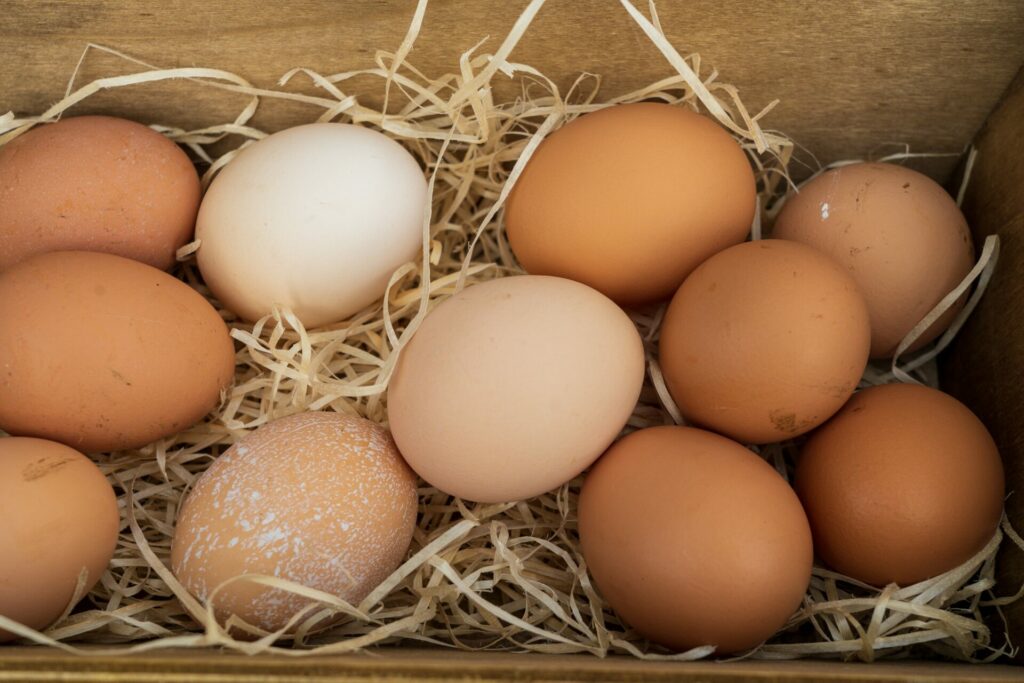The price of eggs is skyrocketing. This is partly because the number of poultry farms in Belgium is shrinking due to strict legislation on animal welfare and nitrogen, according to the Farmers' Union.
This week, the average price for 100 barn eggs was €13.96, up from €9.76 in mid-September. While it is not unusual for eggs to become more expensive during certain periods of the year (such as around Easter), the Farmers' Union warns that the price could remain high.
"There was widespread bird flu in America, which resulted in high egg prices there. Now prices on the world market have also risen," said Wouter Wytynck of the Farmers' Union on Flemish radio on Saturday.
Stricter rules
Bird flu could also have an impact on prices in Europe: approximately 1% of the European poultry stock has been culled as a result of the disease. "Globally, that seems very little, but if there is already a shortage, you can see the impact on prices."
The nitrogen policy in Belgium and the Netherlands also has an impact on prices. "Due to stricter rules on nitrogen and animal welfare, fewer laying hens are available," said Philip Buisseret of the federation of Belgian food companies.
As supply is already too low in Belgium, eggs are imported from Eastern Europe, among other places, the Farmers' Union said. "But it is ironic to see that the EU imports eggs that are produced under lower standards. That is not good for us as poultry farmers, because it means we are fighting with unequal weapons."

